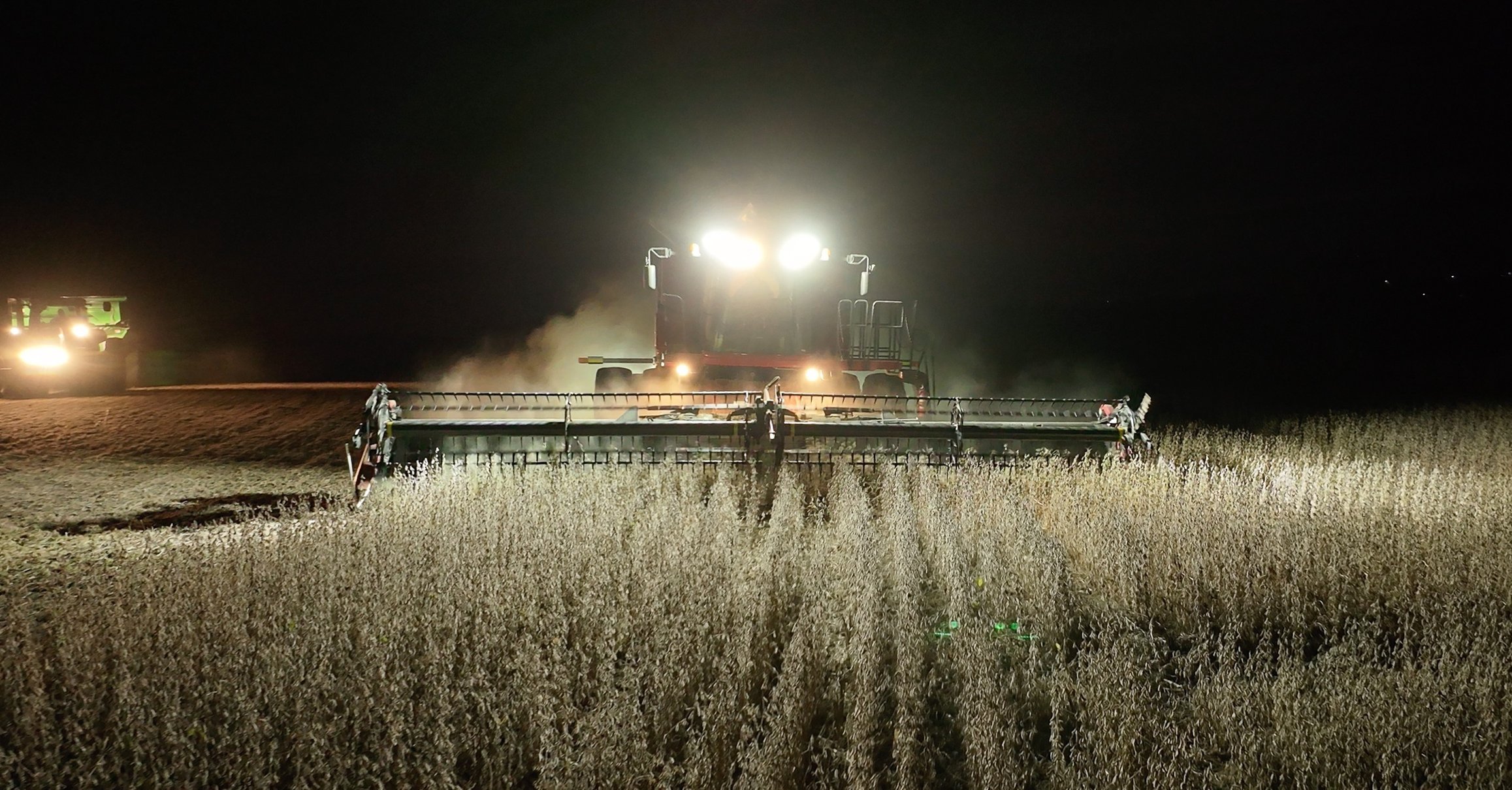
Farming for a more sustainable future.
Soil health, sustainability, and stewardship.
The future of farming hinges on sustainability, with practices like composting playing a pivotal role in enhancing soil fertility and resilience. As we strive towards more sustainable agriculture, compost application stands out as a natural solution to enriching soil health. By adding organic matter to the soil, compost improves its structure, water retention, and nutrient availability. This fosters optimal conditions for plant growth, enabling crops to thrive more robustly and making them less susceptible to pests and diseases. Healthy soils also support biodiversity, sequester carbon, and reduce the need for chemical fertilizers and pesticides, thereby promoting environmental stewardship and long-term sustainability.
For the next generation of farmers and producers, embracing land stewardship and conservation farming practices is crucial. Sustainable soil management not only ensures productive land for future generations but also safeguards natural resources. Conservation farming techniques like minimal tillage and cover cropping further enhance soil health by reducing erosion, enhancing water infiltration, and preserving soil biodiversity. These practices foster resilience in agriculture against the challenges posed by climate change and contribute to the overall health of ecosystems.

Cost-share programs.
The Natural Resources Conservation Services (NRCS) offers several cost-share programs to support soil carbon amendment and conservation practices. These programs include the Environmental Quality Incentives Program (EQIP), the Conservation Stewardship Program (CSP), and the Regional Conservation Partnership Program (RCPP).
To apply for various cost-sharing opportunities, check in with your local USDA office and see what programs can financially help you implement sustainable and soil focused solutions on your farm.